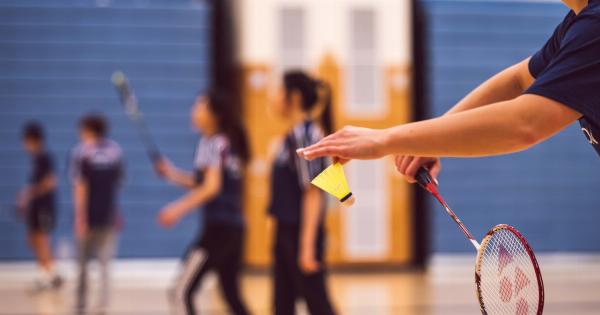Staying properly hydrated is essential for optimal health and well-being, especially for school-age children who are constantly on the go. Without adequate hydration, children may experience fatigue, lack of focus, and even more severe health issues.
In this article, we will discuss the top tips to ensure proper hydration at school, ensuring your child stays healthy and energized throughout the day.
1. Send a Water Bottle
Encourage your child to bring a refillable water bottle to school every day. Having their own water bottle readily available will serve as a constant reminder to drink water throughout the day. Look for BPA-free and easy-to-clean bottles.
Choose a design or character your child will love to make it even more appealing.
2. Teach Regular Water Breaks
Help your child establish a routine of taking regular water breaks during the school day. Discuss the importance of hydration with them and explain the benefits of drinking water.
Encourage them to take a few sips during class transitions or when they have a break between lessons.
3. Provide a Healthy Packed Lunch
Incorporating hydrating foods into your child’s packed lunch is a sneaky way to ensure they get the fluids they need. Include fruits and vegetables with high water content, such as watermelon, oranges, cucumbers, and celery.
These foods not only provide hydration but also essential nutrients.
4. Offer Water-Rich Snacks
When choosing snacks for your child, opt for options high in water content. Fresh fruits like grapes, strawberries, and pineapples are excellent choices.
Additionally, yogurt and smoothies can be refreshing alternatives to keep your child hydrated throughout the day.
5. Set a Hydration Goal
Establish a hydration goal with your child to ensure they are consuming an adequate amount of water throughout the day. Teach them to keep track of how many bottles they need to finish to meet their goal.
Make it a fun challenge and reward their success to encourage them to stay hydrated.
6. Lead by Example
Children learn best by observing their parents’ behavior. Be a role model for your child by drinking water yourself throughout the day. They are more likely to adopt a habit when they see their parents practicing it.
Drink water together during meals and emphasize its importance.
7. Avoid Sugar and Caffeine
Avoid sending sugary drinks like soda, energy drinks, or fruit juices with your child to school. These beverages not only lack hydration but can also cause energy crashes and negatively impact their focus.
Opt for water as the primary source of hydration, and if needed, add natural flavors like lemon or cucumber.
8. Be Mindful of Physical Activity
If your child participates in physical activities at school, whether it’s during P.E. classes or recess, remind them to drink water before, during, and after their activities.
Sweating causes fluid loss, and it’s vital to replenish it to prevent dehydration.
9. Communicate with Teachers
Reach out to your child’s teachers and discuss the importance of hydration. Ask if they permit students to have their water bottles on their desks during class or if there are designated water breaks throughout the day.
Collaboration with educators can ensure your child has ample opportunities to meet their hydration needs.
10. Monitor Urine Color
Teach your child about the importance of monitoring their urine color to determine their hydration levels. Encourage them to aim for light-colored urine, which indicates proper hydration.
Dark urine is a sign of dehydration and should be addressed immediately.





























